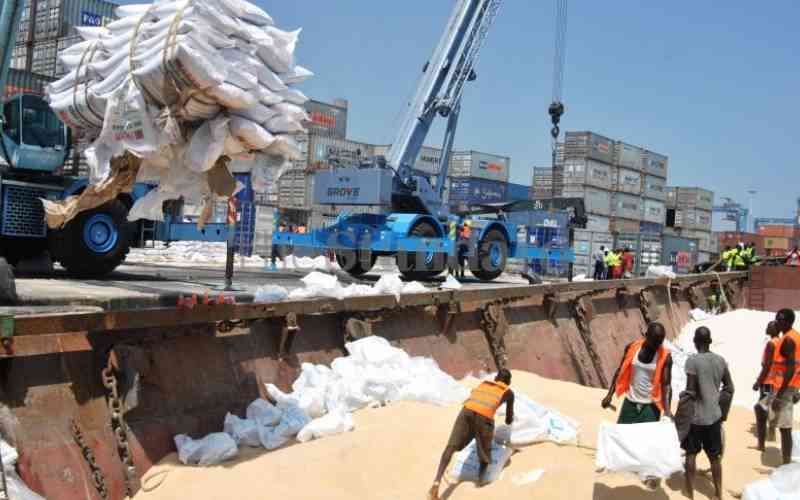×
The Standard e-Paper
Join Thousands Daily

The government has acknowledged its role in the country's persistent high sugar prices and its inability to effectively trace the origins of millions of tonnes of sugar within the domestic market.
In a new draft policy already cleared by Cabinet dubbed, Seeking to Revitalise the Sugar Industry, the State sheds light on the underlying issues contributing to the flooding of foreign sugar imports into the country and why it can't trace all the sugar being sold to Kenyans.







